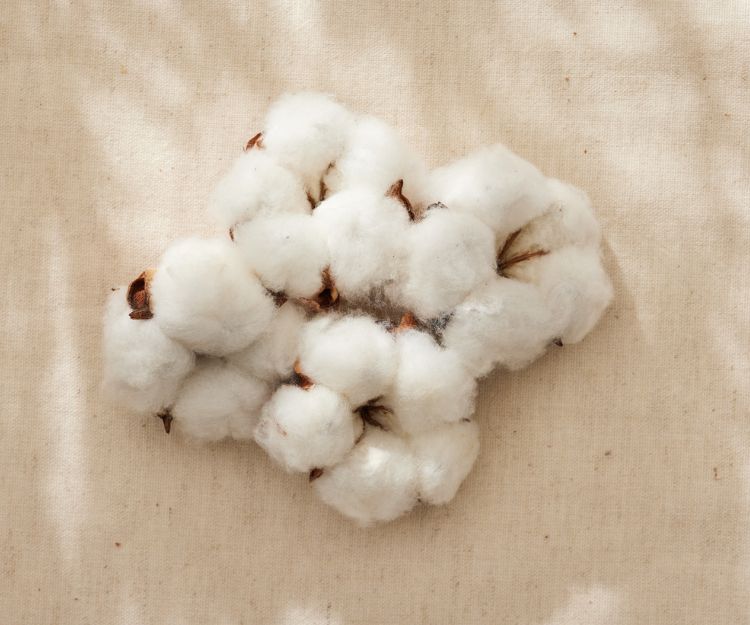The textile industry is constantly evolving, and one of the most significant trends is the use of recycled fibers for fabric production. This practice not only helps reduce waste and environmental impact, but it also offers innovative solutions for a wide range of applications. In this article, we will explore how fabrics with recycled fibers are transforming the textile sector and how they can benefit companies committed to sustainability.
What Are Recycled Fibers?
Recycled fibers are materials recovered from textile waste, plastic bottles, fishing nets, or other reusable sources. These materials undergo a treatment and transformation process to become yarns and fabrics suitable for manufacturing new products.
The most commonly used materials include:
- Recycled Polyester (rPET): Made from the recycling of plastic bottles and other PET products.
- Recycled Cotton: Recovered from textile scraps or used clothing.
- Recycled Wool: Made from leftovers from the industry or reused wool garments.
Advantages of Fabrics with Recycled Fibers
Fabrics made with recycled fibers offer multiple benefits for the environment, businesses, and consumers:
1. Waste Reduction
Using recycled materials helps decrease the amount of waste that ends up in landfills and oceans, promoting a circular economy that prioritizes reuse.
2. Natural Resource Conservation
Recycling existing materials reduces the need to produce new fibers, decreasing the use of water, energy, and raw materials such as oil or cultivated cotton.
3. Lower Carbon Footprint
Recycling processes consume less energy than producing virgin fibers, which contributes to a significant reduction in greenhouse gas emissions.
4. Versatility in Applications
Recycled fabrics are as functional and aesthetic as traditional fabrics, making them suitable for sectors such as fashion, decoration, and industry.
Production Process of Recycled Fibers
The process varies depending on the material, but it generally includes the following steps:
- Collection and Sorting: Recyclable materials are collected and sorted by type (plastic, textile, etc.).
- Cleaning and Preparation: Materials are cleaned to remove impurities such as dirt or dyes.
- Transformation: Materials are shredded and processed to turn them into new fibers.
- Spinning and Weaving: Recycled fibers are converted into yarns, which are then used to create fabrics.
Applications of Fabrics with Recycled Fibers
Recycled fabrics have a wide range of applications:
- Sustainable Fashion: Clothing and accessories made with recycled polyester or cotton.
- Home Textiles: Curtains, cushion covers, and upholstery made from recycled materials.
- Industrial Applications: Durable fabrics for uniforms and technical equipment.
Examples of Recycled Materials in the Market
- Recycled Polyester (rPET): It is one of the most popular recycled fibers, known for its strength, durability, and versatility. It is widely used in sportswear, bags, and technical equipment.
- Recycled Cotton: Ideal for casual wear and work clothing. While it may be less durable than virgin cotton, its production consumes significantly less water and energy.
- Recycled Wool: Used in coats, blankets, and upholstery, it offers thermal insulation properties with a reduced environmental impact.
Why Choose Recycled Fabrics?
Investing in recycled fabrics is an effective way to promote sustainability while meeting the growing expectations of environmentally conscious consumers. Furthermore, these solutions help companies differentiate themselves in an increasingly competitive market.
TEXBER’s Commitment to Sustainability
At TEXBER, we are pioneers in the manufacture of fabrics with recycled fibers, offering innovative and sustainable solutions tailored to each customer’s needs. We are proud to contribute to a more environmentally friendly textile industry.
Conclusion
Fabrics with recycled fibers are the future of the textile industry. With environmental and economic benefits, these materials are ideal for companies looking to innovate without compromising sustainability. If you’d like to learn more about our recycled fiber solutions, don’t hesitate to contact us. At TEXBER, we work to provide you with quality fabrics that make a difference.

